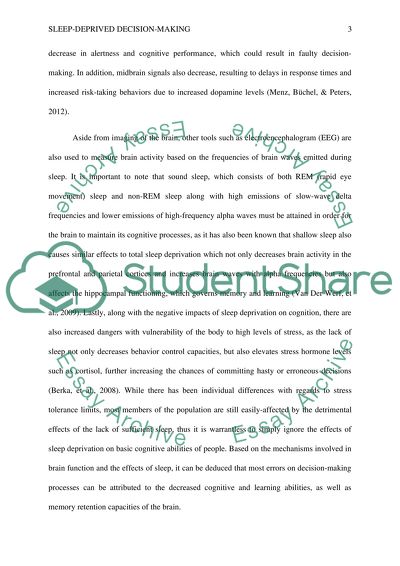Cite this document
(“The Impact of Sleep Deprivation on Decision Making Term Paper”, n.d.)
Retrieved from https://studentshare.org/psychology/1480780-the-impact-of-sleep-deprivation-on-decision-making
Retrieved from https://studentshare.org/psychology/1480780-the-impact-of-sleep-deprivation-on-decision-making
(The Impact of Sleep Deprivation on Decision Making Term Paper)
https://studentshare.org/psychology/1480780-the-impact-of-sleep-deprivation-on-decision-making.
https://studentshare.org/psychology/1480780-the-impact-of-sleep-deprivation-on-decision-making.
“The Impact of Sleep Deprivation on Decision Making Term Paper”, n.d. https://studentshare.org/psychology/1480780-the-impact-of-sleep-deprivation-on-decision-making.


